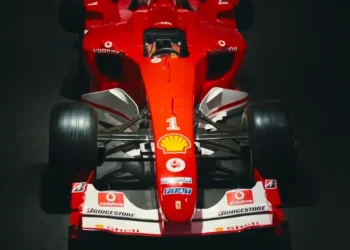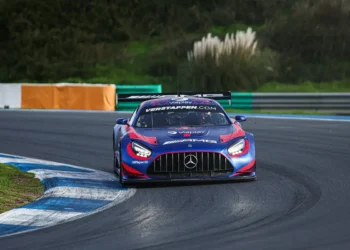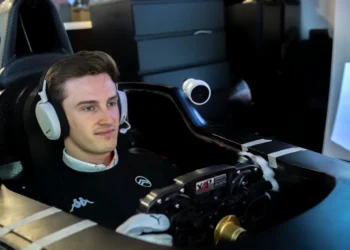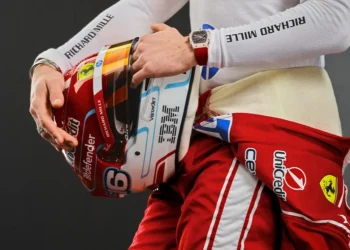Toto Wolff Slams F1 2026 Hybrid Deployment Proposal as “Laughable”
Formula 1 is on the verge of shaking up the energy deployment of the 2026 power units, sparking controversy and dissent among key players in the sport. The Mercedes team, led by Toto Wolff, is particularly vocal about their dissatisfaction with the proposed changes.
The upcoming discussions in the Formula 1 Commission will revolve around adjusting the balance between internal combustion power and the electric element in the 2026 power units. Concerns have been raised about the potential negative impacts of the proposed 50/50 split, especially on power-sensitive circuits where cars could experience battery depletion and decreased performance.
While no physical modifications to the hardware are planned, the FIA is considering altering the level of battery deployment permitted for drivers. One radical suggestion is to slash the electric power usage from 350kW to 200kW, a move that is facing resistance within the F1 community.
Mercedes’ Toto Wolff minced no words in expressing his disdain for revisiting the 2026 engine regulations. He likened the situation to a farce, emphasizing his frustration with the process. Wolff’s sharp critique sheds light on the internal tensions brewing within the sport regarding the proposed changes.
On the flip side, Red Bull’s Christian Horner, a proponent of the adjustments, denied claims of actively lobbying for the modifications. He highlighted the FIA’s intention to enhance the racing spectacle by avoiding excessive lifting and coasting during Grand Prix events.
In response to the discourse, former Mercedes engine expert and current Aston Martin team principal Andy Cowell pointed out the potential variations in performance at different circuits due to the hybrid system’s characteristics. The debate over the implications of the proposed changes continues to divide opinions within the paddock.
As the discussions unfold, stakeholders like Andrea Stella from Mercedes customer McLaren stress the importance of collaborative efforts to ensure that the 2026 regulations benefit the sport as a whole. The need for a balanced approach that prioritizes the quality of racing and the overall health of Formula 1 is echoed by Ferrari team principal Fred Vasseur.
With tensions running high and opinions diverging, the Formula 1 Commission faces a pivotal moment in shaping the future of the sport. The outcome of the discussions could have far-reaching consequences for the competitive landscape and the fan experience in the seasons to come.










